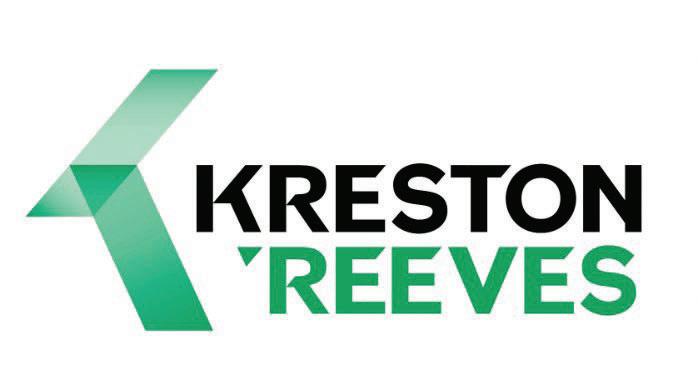
4 minute read
Indirect Tax changes post Brexit
The news, as we paused work to enjoy a Christmas lockdown, was that the UK had agreed a zero import taxes deal with the EU. Businesses that had taken the view to await the outcome of the deal breathed a huge sigh of relief and settled down for a quiet Christmas in the knowledge that all would return to normal. By Rupert Moyle
But were they right? Has the “Trade and Cooperation Agreement” (TCA) brought normality back to the UK? Are there zero import taxes? The simple answer to each question is no. So, what are the main changes?
CUSTOMS BORDERS
The major change for movements of goods between the UK and EU is that there are customs border controls. Goods no longer move freely. Export and import declarations are required and import VAT (and perhaps duty) needs to be paid.
n The UK has allowed approved importers the option of delaying declarations from January 1st to
June 30th 2021 by between three and six months. They will still have to file declarations and pay the taxes though after the deadline. n The EU offers no simplified procedures for imports.
POSTPONED IMPORT VAT ACCOUNTING (PVA)
PVA allows a UK VAT registered importer to elect on its import declaration to pay and claim (subject to the normal rules) its import VAT via its UK VAT return rather than at the port. This can be used for all UK imports, not just from the EU, helping with cashflow.
INCOTERMS
Shipping terms, or “Incoterms”, are yet more important. They determine whether the supplier or customer is responsible for the import declaration and for paying the VAT and any duty.
CLEARING CUSTOMS – EXPORT AND IMPORT
UK businesses may need more than just a UK “EORI” number to clear goods through customs. A UK EORI only works for UK imports or exports, not for EU and Northern Ireland customs clearances. A further EORI and also VAT registrations may be required if UK suppliers are responsible for imports into the EU for example.
Another issue which is already giving problems at EU ports concerns the EU’s Union Customs Code (UCC), which determines who can be the
declarant on import and export declarations. This can lead to a UK business having to set up an establishment in the EU. The UK has similar rules. The UCC requires an EU import/export declarant to be established in the EU. A UK B2B supplier responsible for an EU import would either have to find a customs agent prepared to act ‘indirectly’, i.e. in its own name, accepting the risk of joint liability for import taxes, or the supplier would be the declarant, giving it an EU establishment issue.
NEW RULES FOR GOODS SOLD INTO THE UK UNDER £135
From January 1st overseas sellers will have to VAT register for UK-bound consignments of under £135 unless sold via a marketplace, in which case the marketplace will pay VAT at the point of sale. The EU will have similar rules in July 2021. Supplies over £135 will be subject to import procedures, VAT and any duty, and subject to the normal rules.
TRIANGULATION AND CALL-OFF STOCK SIMPLIFICATIONS
UK businesses are already experiencing issues with the loss of two EU simplifications.
n The ‘call-off stock’ simplification allowed UK suppliers not to have to register for VAT in the customer’s country where goods were moved to the customer’s warehouse but only sold when utilised, or ‘called-off’.
n ‘Triangulation’ negated a VAT registration obligation for a UK entity buying goods from one EU country supplier and selling to a customer in another EU country, but where the goods move direct from the supplier to the end customer.
Now the normal rules prevail and require VAT registrations.
CHANGES TO SERVICES?
There are few changes to international services rules, although B2C digital service suppliers are perhaps impacted the most. Previously, suppliers paid EU VAT due via HMRC’s MOSS system. This is no longer available and, instead, such suppliers need to register for a non-EU VAT MOSS scheme in an EU member state of their choice.
All in all, there is a lot to consider and new obligations to learn with new EU rules to consider from July 2021 as well.
There will inevitably be unusual scenarios and challenges to overcome, as we are already experiencing. If you trade internationally, we would be delighted to discuss what you do and consider solutions to any issues we identify.
CUSTOMS RULES OF ORIGIN
The “deal” heralded a no tariff position however. An EU or UK import of goods may fall under the preferential zero duty rate, but only where the goods are of UK/EU origin. A zero tariff is not a given. The rules add complexity for anyone trading internationally.
If you need support, guidance or a Brexit health check, please don’t hesitate to get in touch. Rupert Moyle, Partner and Head of VAT and Duty. T: 0330 124 13990 E: rupert.moyle@krestonreeves.com











